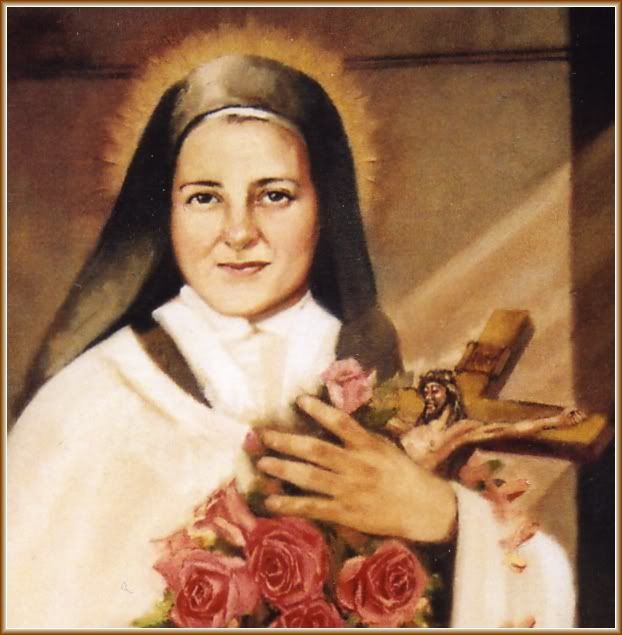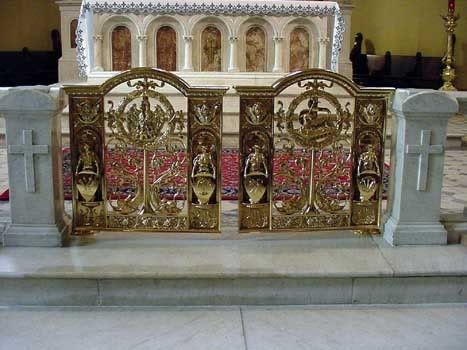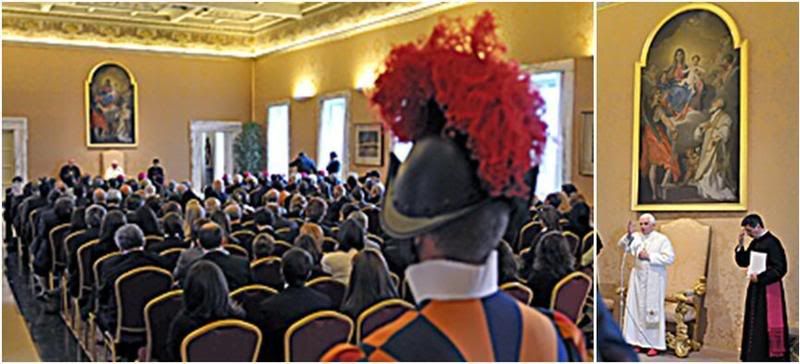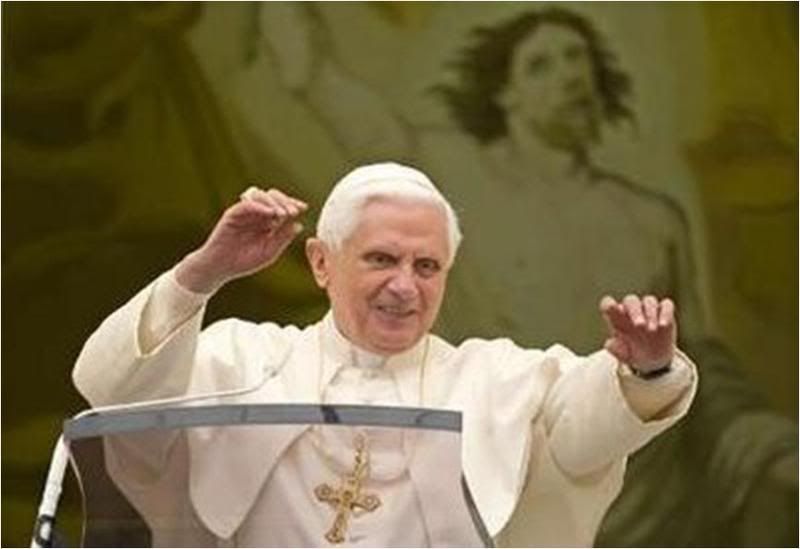 The Pope gave his Sunday Angelus from Castel Gandolfo yesterday. These are generally shorter than the one's at The Vatican because he has to stand at at he Villa. Thanks again to the Ratzinger Forum for the English Translation and the pics.
The Pope gave his Sunday Angelus from Castel Gandolfo yesterday. These are generally shorter than the one's at The Vatican because he has to stand at at he Villa. Thanks again to the Ratzinger Forum for the English Translation and the pics.
 Here is a translation of the Holy Father's words before and after the noontime Angelus today, which he led from his balcony overlooking the inner courtyard of the Apostolic Palace in Castel Gandolfo:
Here is a translation of the Holy Father's words before and after the noontime Angelus today, which he led from his balcony overlooking the inner courtyard of the Apostolic Palace in Castel Gandolfo:
Dear brothers and sisters! The liturgy today proposes the Gospel parable of the two sons sent by their father to work in his vineyard. One of them immediately said Yes, but does not go. The other first refuses, and then repentant, follows his father's wish. With this parable, Jesus shows once again his inclination towards sinners who are converted, and teaches us that one needs humility to accept the gift of salvation.
Even St. Paul, in the passage from the Letter to the Philippians that we meditated on today, exhorts us to be humble. "Do nothing out of selfishness or out of vainglory; rather, humbly regard others as more important than yourselves" (Phil 2,3). These are the every sentiments of Christ, who having stripped himself of divine glory out of love for us, became man and humbled himself to death by crucifixion (cfr Phil 2,5-8).
The verb used - ekendsen - literally means that he 'emptied himself', which places in clear light Jesus's profound humility and infinite love, the humble servant par excellence. Reflecting on these Biblical texts made me think right away of Pope John Paul I, whom we remember today on the 30th anniversary of his death. He had chosen as his episcopal motto that of St. Charles Borromeo - 'Humilitas'. A single word that summarizes the essence of Christian life and indicates that indispensable virtue which, in the Church, is called service to authority.
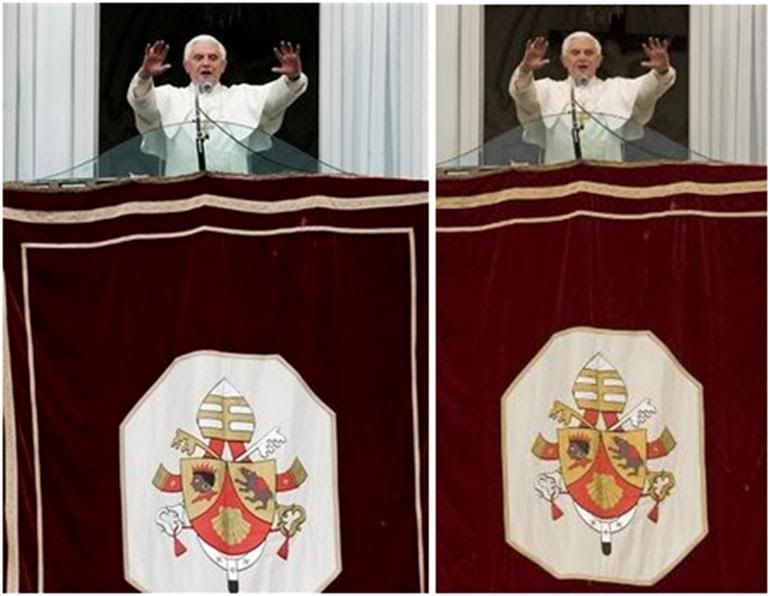
In one of the four General Audiences that he held during his very brief Pontificate, he said, among other things, in that informal way that characterized him: "I will limit myself to recommending one virtue which was so dear to the Lord, who said, 'Learn from me to be am gentle and humble of heart... Even if you do great things, say, 'We are humble servants'". He observed further: "Instead the tendency, in all of us, is rather the contrary: to show ourselves off" (Teachings of John Paul I, p. 51-52).
Humility can be considered his spiritual testament. Thanks to that virtue, 33 days sufficed for Papa Luciani to enter the hearts of the faithful. In his speeches, he used examples taken from the concrete life of everyday, from his memories of family life, and from popular wisdom. His simplicity was the vehicle for a solid and rich teaching, which, thanks to an exceptional memory and vast culture, he enriched with numerous citations from ecclesiastical as well as lay writers. Thus, he was an unequalled catechist, in the footsteps of St. Pius X, his fellow northerner and predecessor, first in the See of St. Mark (Venice) and then on Peter's Chair.
"We should feel ourselves small before God," he said in that same audience. "I am not ashamed to feel like a child before my mother - one believes in Mama, I believe in the Lord, and what he has revealed to me" (ivi, p. 49). These words demonstrate the weight of his faith. As we thank God for having given him to the Church and to the world, let us cherish his example as a treasure, committing ourselves to cultivate the same humility which made him capable of speaking to everyone, especially to the little ones and those who are said to be 'distant' from the Church. For this, let us pray to the Most Blessed Mary, humble servant of the Lord.
After the Angelus, the Pope had a special message:
Summertime has gone and the day after tomorrow, I will return to the Vatican. I thank the Lord for all the gifts he has given me during this time. I think, in particular, of World Youth Day in Sydney, the holiday rest in Bressanone, the visit to Sardinia and the apostolic visit to Paris and Lourdes. I am also grateful for the opportunity for me to stay in this home, where I can best work and rest during the hottest months of the year.
I address an affectionate greeting to the community of Castel Gandolfo, with heartfelt thanks to the Bishop, the Mayor and the forces of law and order. Thank you all, and Arrivederci!
In English, he said:
I offer a warm welcome to the English-speaking visitors gathered for this Angelus prayer. My special greeting goes to the students from Aquinas College in Australia and to the members of the Fatima pilgrimage from the Philippines.
In today’s Gospel, the Lord asks us to reflect whether we are obedient to the Father in word alone, or truly committed to following his will in our daily lives. May his words inspire in us a spirit of genuine conversion and an ever more generous commitment to the spread of the Gospel. Upon you and your families I cordially invoke God’s blessings of wisdom, joy and peace! He had special words for the people of Poland: I affectionately greet all the Poles who have come to Castel Gandolfo.
I specially address today the faithful who are gathered in Bialystok, Poland, for the beatification of the Servant of God Michał Sopoćko, confessor and spiritual guide of St. Faustina Kowalska. On his suggestion, the saint described her mystic experiences and the apparitions of Merciful Jesus in her well-known 'Diary'. It was also thanks to his efforts that the image of Divine Mercy with the words, "Jesus, I trust you', was created and shared with the world. This Servant of God became known as a zealous priest, educator and propagator of devotion to Divine Mercy.
I share the joy of the Diocese of Bialystok and Vilnius and all those who hold dear the message of Divine Mercy. My beloved predecessor, the Servant of God John Paul II, must be rejoicing in the house of the Lord at this beatification. It was he who entrusted the world to Divine Mercy and so, I repeat to all his hope: "May God who is rich in mercy bless you!" To Italians, he said: As I extend my best wishes to all students who have just begun the academic year, I express my appreciation for the campaign started by the Society of St. Vincent de Paul called "Fatemi studiare, conviene a tutti" (Let me study - it will be good for everyone).
In the spirit of St. Vincent, whom we remembered in the liturgy yesterday, this initiative aims to prevent the poverty of illiteracy.
I wish everyone a good month of October, month of the Holy Rosary, during which, God willing, I will make a pilgrimage to the Shrine in Pompeii on Sunday, October 19.
















